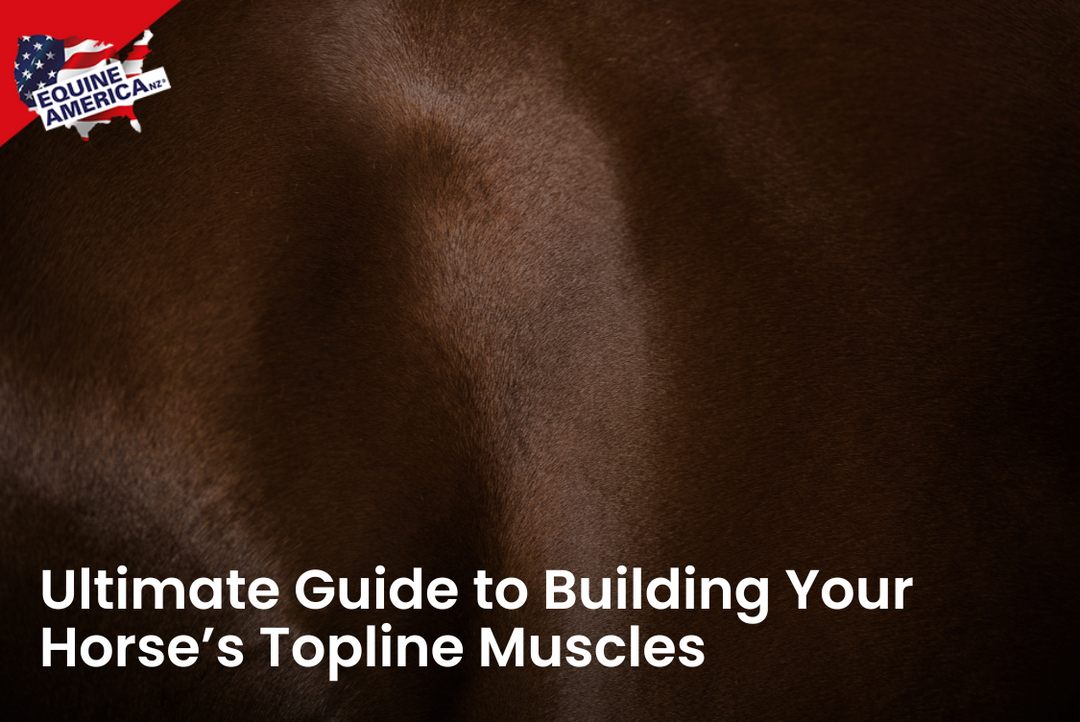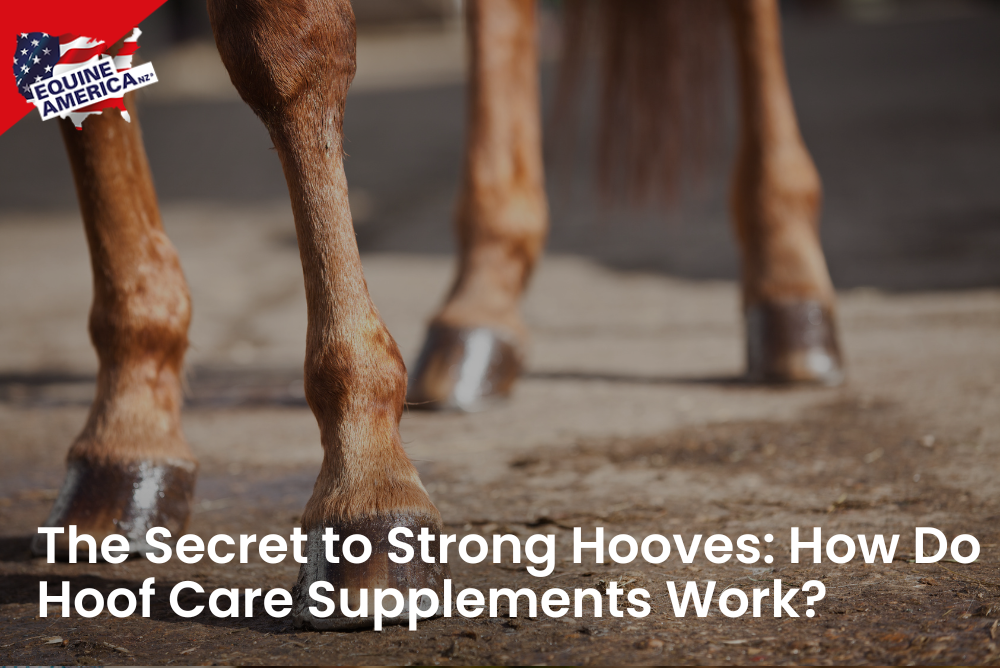Vitamins and minerals are essential nutrients that play a critical role in maintaining the health and well-being of horses. They are involved in a wide range of physiological processes, from bone formation to muscle function to immune system regulation.
In this article, we will delve into the importance of vitamins and minerals for horses and how they can benefit from a balanced diet rich in these essential nutrients.
The Basics of Equine Nutrition
Equine nutrition is a complex field that encompasses the study of how horses obtain and utilize nutrients from their diet. Nutrients can be broadly classified into two categories: macronutrients, which include carbohydrates, proteins, and fats, and micronutrients, which include vitamins and minerals.
While macronutrients provide the energy and building blocks for the body, micronutrients are essential for various physiological processes and must be obtained through the diet.
Understanding Vitamins and Minerals
Vitamins are organic compounds that are essential for various metabolic processes in the body. They are classified into two categories: fat-soluble vitamins (Vitamins A, D, E, and K) and water-soluble vitamins (Vitamin C and the B-complex vitamins).
Fat-soluble vitamins are stored in the body's fatty tissues and can be toxic in excessive amounts, while water-soluble vitamins are not stored and must be replenished regularly through the diet.
Minerals, on the other hand, are inorganic compounds that are essential for various physiological functions. They play a crucial role in bone formation, muscle function, nerve transmission, and fluid balance. Some of the most important minerals for horses include calcium, phosphorus, magnesium, sodium, and potassium.
Essential Vitamins for Horses
Vitamin A is essential for maintaining healthy vision, skin, and mucous membranes. It also plays a crucial role in supporting the immune system. Vitamin D is necessary for calcium absorption and bone health. Vitamin E is an antioxidant that protects cells from damage and is particularly important for muscle function, especially in athletic horses.
Important Minerals for Horses
Calcium is essential for bone health, muscle function, and nerve transmission. Phosphorus plays a critical role in energy metabolism and is a key component of bone formation. Magnesium is important for nervous system function and muscle health. Sodium and potassium are electrolytes that are essential for fluid balance and nerve function.
Sources of Vitamins and Minerals in a Horse's Diet
Horses primarily obtain vitamins and minerals from their diet, with forage and pasture being the main sources. Forage, such as hay and grass, provides a natural source of vitamins and minerals, but the nutrient content can vary depending on factors such as soil quality and plant maturity.
Concentrates, such as grain mixes, can also provide vitamins and minerals, but care must be taken to ensure that the diet is balanced and meets the horse's nutritional needs.
Deficiencies and Excesses
Vitamin and mineral deficiencies can lead to a range of health issues in horses, including poor growth, weak bones, and compromised immune function. Conversely, over-supplementation can lead to toxicity and health problems.
It is essential to work with a veterinarian or equine nutritionist to ensure that your horse's diet is balanced and meets their specific nutritional needs.
Special Considerations for Performance Horses
Performance horses have increased nutritional demands due to the rigors of training and competition. These horses may require additional vitamins and minerals to support their increased energy expenditure and muscle function.
It is important to tailor their diet to meet these increased demands and ensure that they are receiving the nutrients they need to perform at their best.
Balancing the Diet
Balancing the diet is essential for ensuring that horses receive the right amount of vitamins and minerals. Working with a veterinarian or equine nutritionist can help ensure that your horse's diet is balanced and meets their specific needs. Feed balancers and supplements can also be used to fill any nutrient gaps in the diet, but care must be taken to avoid over-supplementation.
Common Myths and Misconceptions
There are several myths and misconceptions surrounding equine nutrition, particularly when it comes to vitamins and minerals. One common myth is that horses can get all the nutrients they need from forage alone.
While forage is an essential part of a horse's diet, it may not provide all the vitamins and minerals they need, particularly if the quality of the forage is poor. It is important to ensure that your horse's diet is balanced and meets their specific nutritional needs.
Final Thoughts
Vitamins and minerals are essential nutrients that play a critical role in maintaining the health and well-being of horses. By providing a balanced diet rich in these essential nutrients, horse owners can help ensure that their horses remain healthy and perform at their best.
Working with a veterinarian or equine nutritionist is key to providing optimal care through proper nutrition, and can help ensure that your horse receives the vitamins and minerals they need to thrive.
If you’re looking for high-quality supplements for your horse, consider exploring the range of products offered by us here at Equine America NZ. Our extensive selection of products along with performance-enhancing supplements provide you with suitable options to support your horse’s overall health and performance.
Please give us a call at Equine America NZ today at 0800 440 888 to learn more or leave an enquiry.




